Bedwetting (Nocturnal Enuresis) – Causes, Diagnosis & Treatment

Nocturnal enuresis, commonly known as bedwetting in children, is a problem that affects many young children. They often end up urinating in their sleep, which can be distressing for both the child and the parents. However, as a parent, there is no need to be overly alarmed, as this is a common occurrence that many children experience during their developmental years. With proper care, understanding, and love, this issue can be managed effectively. It is important to approach the situation with patience and support, ensuring the child feels secure and not embarrassed. Over time, most children outgrow bedwetting as their bodies mature and they develop better bladder control.
What Is Nocturnal Enuresis or Bedwetting?
Nocturnal enuresis or bedwetting is involuntary urination while sleeping after the age at which bladder control usually occurs (1). It is a developmental delay and not an emotional problem or any physical illness. 5% to 10% of bedwetting cases are due to specific medical reasons. However, this could be associated with some family history.
Many children who wet the bed have a parent who did it too at the same age. This condition is not considered for diagnosis by many parents or doctors unless the child is five years or a little older. Enuresis is a common problem that can be troubling for children and their families.
Nocturnal enuresis in a child could be a symptom of an underlying disease or illness.
Main symptoms of nocturnal enuresis are:
- Bedwetting repeatedly
- Bedwetting in the clothes
- Bedwetting at least twice a week for approximately three months
How Common Is Enuresis in Children?
Bedwetting in children is a common problem. It occurs in about 7% of boys and 3% of girls who are five years old and below. This number drops to 3% in males and 2% in girls by age 10. Children mostly outgrow this problem in their teenage years with about 1% of boys and girls having this disorder at age 18.
Types of Bedwetting
There are two types of Nocturnal enuresis or bedwetting (2) –
1. Primary nocturnal enuresis (PNE)
It is the most common form of bedwetting. This means that bedwetting has persisted since childhood without any break for a minimum of six months duration in continuity. It is recurrent and affects those children who have never achieved night-time dryness. These can be further subdivided into primary nocturnal enuresis which occurs only at night and diurnal enuresis, which occurs during daytime, such as urgency, frequency or wetting at daytime. This is a developmental delay which can get resolved with time. Diet impacts enuresis in children.
2. Secondary nocturnal enuresis (SNE)
This is the involuntary passage of urine during sleep by a child who has previously been dry for at least six months duration. This could be due to a bladder infection.
Causes of Bedwetting
The nocturnal enuresis causes are as follows (3):
Primary Bedwetting
Primary bedwetting is a condition when the child has never attained control of his/her bladder during the night. Here are a few causes:
- The child’s body is still developing or due to bladder problems.
- The child is unable to control urine for the entire night.
- The child does not wake up when his or her bladder becomes full.
- The child produces a significant amount of urine during the evening and night hours.
- The child may have poor toilet habits. Children tend to ignore the urge to urinate and postpone urinating for long durations. Parents will be aware of various expressions like face straining, squirming, squatting etc. which children use to hold urine.
- An increase in urine production caused by the use of caffeine and diuretics.
- Chronic constipation and soiling of pants.
Secondary Bedwetting
Secondary bedwetting is when the child wets the bed after at least 12 months of not doing so. Its incidence tends to increase with an increase in the age of a child. Reasons for this include:
- Urinary tract infection: This causes irritation, a strong urge to urinate and frequent urination. The infection could also be due to some anatomical abnormality.
- Diabetes: Anyone who has diabetes will have increased urine output.
- Anatomical abnormality: These could be abnormalities in the organs, muscles or nerves or any other urinary problems.
- A neurological problem: If the nervous system has a defect, injury or disease it can cause the neurological imbalance which affects urination.
- Social or psychological stress: Stress in family life caused due to conflicts between parents can cause children to wet the bed. Changes in lifestyle, like starting school or moving residence can be the cause of bedwetting. Children who are physically or sexually abused also begin bedwetting.
- Genetics: Enuresis can be genetic, which means if any parent had this problem then there could be a possibility that the child will also have the same problem.
Risk Factors for Developing Nocturnal Enuresis
1. Primary bedwetting
Primary bedwetting is more commonly found in boys than girls. 15% of children get better every year from bedwetting.
- There is a genetic reason for initial bedwetting.
- Some people may urinate by accident while being awake. This tends to be related to some physical problem.
- Children who have attention deficit and are hyperactive may have bedwetting.
- Children living in disorganised families.
2. Secondary bedwetting
- Family issues such as parents’ divorce or a loss
- Physical abuse and negligence
- They could also have a disorder known as ‘confusional arousals’, where he or she wakes up during deep sleep. This makes the child urinate in a strange place. Secondary bedwetting occurs at any age.
Diagnosis of Bedwetting in Children
For the correct diagnosis of bedwetting, a complete history should be obtained by carrying out a thorough medical examination to look for the causes.
- Causes of enuresis could include an abnormality of the spinal cord (associated with neurogenic bladder, urinary tract infection, and posterior urethral valves in boys and ectopic ureter in girls). Additionally, it is seen in children who suffer from chronic constipation and encopresis (soiling the pants involuntarily).
- There should be careful and detailed questioning about the family history, genetics and medical history of the child. This helps in determining the type of enuresis and the possible cause for it.
- Often parents are not entirely aware of their child’s bedwetting habits. It is advisable that they maintain a diary to keep track of how many times the child has wet the bed in the daytime and at night.
- The child has to undergo a physical examination. However, the doctor needs to check for any other problem which could be causing bedwetting.
- A urinalysis should be conducted as it helps highlight any infection in the urine. If the results indicate diseases, then further investigation (by cystourethrogram and renal ultrasound) should be conducted.
- Bedwetting can be very stressing. However, it goes away on its own after a while. It causes embarrassment and guilt to the child which leads to anxiousness. Parents should provide emotional support to the child during this time.
If you’re wondering when a child stops wetting the bed, about 90% of children around seven years age stop bedwetting on their own. Most doctors do not routinely suggest bedwetting treatments for children younger than seven years. The reason being bladder control function during sleep is the last stage of potty training. Hence, children wet the bed during sleep during the learning process.
Treatment of Bedwetting in a Child
Bedwetting in kids is normal while growing up and can be resolved through nocturnal enuresis treatments. Mentioned below are some child bedwetting solutions which you can be used (4).
- There are bedwetting alarms for children as well which can also prove to be helpful.
- Teaching the child bladder exercise (muscle strengthening and bladder stretching) can control the release of urine and increase the capacity of the bladder. The child should be made to tighten the pelvic muscles for about five-ten seconds and then relax for five seconds. The exercise should be repeated thrice daily. You should encourage the child to hold going to the washroom when the urge arises. This will help the child avoid bed wetting during the daytime and lessen the frequency at night. The bladder gets trained to hold an increased amount of urine.
- If your child suffers from constipation, your doctor may recommend a stool softener.
- Sometimes, surgery may be required to correct bedwetting.
- Medication is used to treat bedwetting where behavioural treatments are not proving to be effective, namely –
-
- Desmopressin acetate
- Oxybutynin chloride
- Hyoscyamine sulphate
- Imipramine
7. Oral antibiotics are prescribed where the cause of bedwetting is urinary tract infection, like –
-
- Bactrim
- Amoxicillin
- Macrobid
- Levaquin
8. You can consult a mental health professional, such as a psychologist or therapist. They can assist the child in addressing any underlying stress, emotional difficulties, or traumatic experiences that could be contributing to the issue.
Lifestyle Changes to Prevent Bedwetting in Children
There are a few lifestyle changes that can be made to ensure that the bedwetting incident gradually reduces (5):
- Parents should monitor the intake of fluids (restricting fluid intake) by the child; he should have more fluids during the daytime and less at night. By limiting the fluid intake, bedwetting can be controlled.
- The child should be encouraged to urinate at the beginning of bedtime and right before falling asleep. You should emphasise that it is OK to use the washroom during the night. Night lights can be utilised so that the child can find the way to the toilet.
- The child should be encouraged to use the toilet at regular intervals (two hours) or often enough to avoid a feeling of urgency.
- It is important that parents are supportive when a bedwetting incident happens. You can make the child change the sheets, explaining that it is not a form of punishment. Positive reinforcement the child has had a dry night proves useful.
- Avoid beverages and foods with caffeine. Drinks with caffeine are discouraged for children at any time of day. Because caffeine may stimulate the bladder, it is not recommended.
- Ensure the child has a relaxing bedtime routine to reduce stress or anxiety, which can contribute to bedwetting. A calm and comfortable sleep environment promotes better rest and bladder control.
- Address constipation if present, as a full rectum can put pressure on the bladder and lead to bedwetting. A fibre-rich diet and proper hydration can help maintain regular bowel movements.
- Invest in waterproof mattress covers or absorbent bed pads to make cleanup easier and reduce stress for both the child and parents. This can also help the child feel less anxious about accidents.
Homemade Remedies for Bedwetting in Children
There are some easy and simple natural remedies which can be included in the daily diet of the child.
- Cinnamon – It keeps the body warm (6). You can have the child chew on a piece of cinnamon once in a day. A combination of sugar & cinnamon sprinkled over a buttered toast can be fed to the child at breakfast.
- Amla or Indian Gooseberry – Amla is considered to be a very effective remedy for bedwetting. Crushed and deseeded amla added to a teaspoon of honey with a pinch of turmeric can be given to the child every morning. A teaspoon full of amla pulp mixed with a pinch of black pepper can also be given to the child
- Olive Oil Massage: Massaging the abdomen with warm olive oil for several minutes is another remedy for bedwetting.
- Cranberry Juice: Cranberry juice is recommended for children with bedwetting problems. It is good for the bladder and urinary tract (7). 1 cup of cranberry juice can be given to your child for a few weeks. If the bedwetting is due to a urinary infection, then you give your child 1.5 cup of juice thrice a day.
- Walnuts and Raisins: Walnuts and raisins can also be given as a snack to the child. Two walnuts and five raisins should be given to the child before going to bed. This helps in stopping bedwetting.
- Mustard Seeds and Honey: A mixture of powdered mustard seeds and honey can be given to the child before bedtime. Mustard seeds are believed to help strengthen the bladder muscles.
- Apple Cider Vinegar: Dilute a teaspoon of apple cider vinegar in a glass of water and give it to the child once a day. It helps balance the body’s pH levels and may reduce bedwetting incidents.
- Banana: Feeding the child a banana twice a day can help, as bananas are rich in nutrients that support bladder health and control.
- Jaggery and Sesame Seeds: A mixture of jaggery and roasted sesame seeds can be given to the child in small quantities. This combination is thought to help regulate body temperature and improve bladder control.
All the above-mentioned medications, lifestyle changes and home remedies can help in the management of nocturnal enuresis or bedwetting.
Few Facts About Bedwetting
Here are a few facts about bedwetting that could help:
- 15% of 5 yr olds or about 3-4 children in the first grade are not dry every night.
- 85% of children outgrow bedwetting without any treatment.
- In their teenage years, only 2%-5% of children continue to wet their bed.
- The ratio of boys to girls for bedwetting is a ratio of 4 to 1.
When to Consult the Doctor
While bedwetting is a common issue in children and often resolves with time, there are certain situations where consulting a doctor is advisable. Here are some signs that warrant a visit to the doctor:
- If the child experiences pain while urinating or needs to urinate more often than usual, it could signal a urinary tract infection (UTI) or other bladder issues.
- If a child who has been dry at night for several months or years suddenly starts bedwetting again, it may be due to emotional stress, diabetes, or another medical condition.
- If the child is also having daytime accidents or difficulty controlling their bladder, it could indicate a more serious problem with bladder function.
- Consult a doctor if bedwetting is accompanied by unusual symptoms such as fever, excessive thirst, swollen feet or face, or snoring, as these could point to underlying health issues.
FAQs
1. Can food allergies or sensitivities contribute to bedwetting in children?
Yes, in some cases, food allergies or sensitivities, particularly to dairy or gluten, may irritate the bladder or cause inflammation, leading to bedwetting. Consulting a healthcare professional can help identify and manage such triggers.
2. Is bedwetting more common in children with ADHD or autism?
Research suggests that children with ADHD or autism spectrum disorders may experience bedwetting more frequently due to differences in brain-bladder communication, sensory processing, or delayed development of bladder control (8).
The parents of a child who experiences bedwetting can feel confused and frustrated. Hence, it is important that you discuss the issue with your paediatrician and include your child in the discussion. This helps instil confidence in the child that they have family support which makes them comfortable and they respond well to treatment.
References/Resources:
1. John Hopkins Medicine – Bedwetting (Enuresis)
2. Cleveland Clinic – Bedwetting
3. American Academy of Pediatrics – Bedwetting in Children & Teens: Nocturnal Enuresis
4. Yale Medicine – Bedwetting and ‘Accidents’: Solutions for Children
5. NHS – Bedwetting in children
Also Read:
Bed-Wetting Alarms
Sleep Walking in Kids
Proteinuria in Children
Sleep Disorders in Children
How to Deal With Nephrotic Syndrome in Children?
Was This Article Helpful?
Parenting is a huge responsibility, for you as a caregiver, but also for us as a parenting content platform. We understand that and take our responsibility of creating credible content seriously. FirstCry Parenting articles are written and published only after extensive research using factually sound references to deliver quality content that is accurate, validated by experts, and completely reliable. To understand how we go about creating content that is credible, read our editorial policy here.






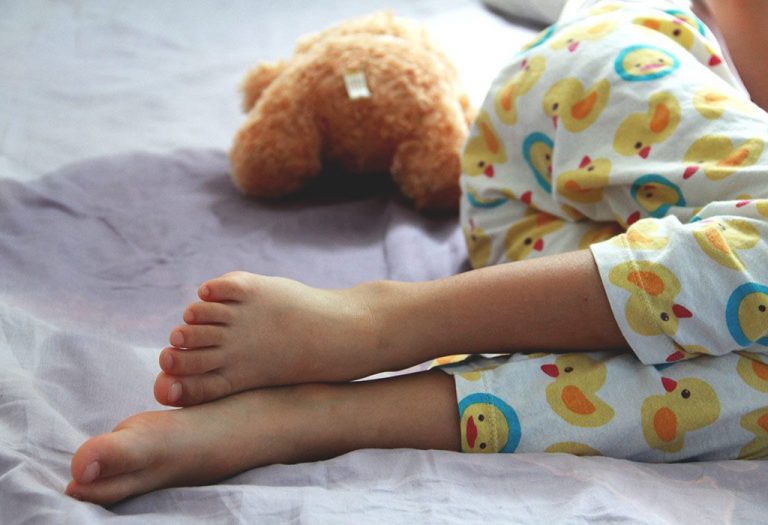




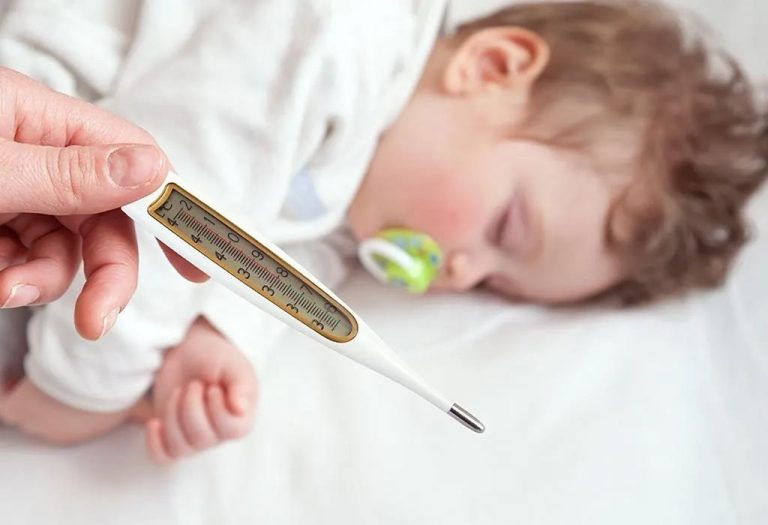
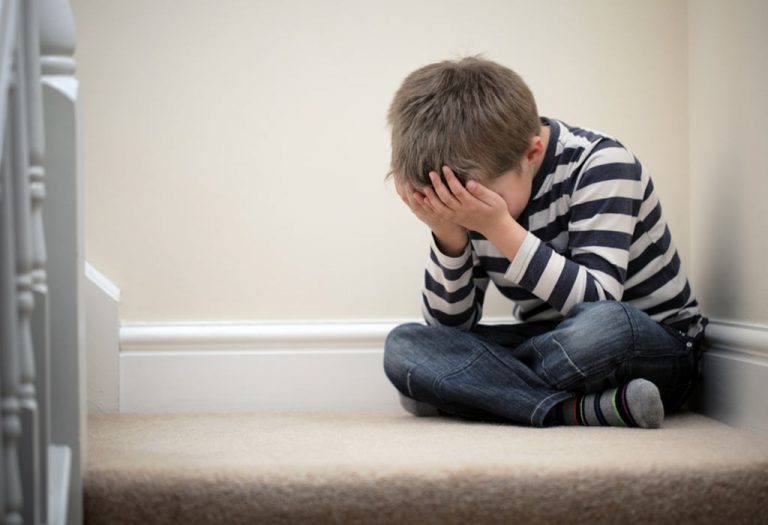
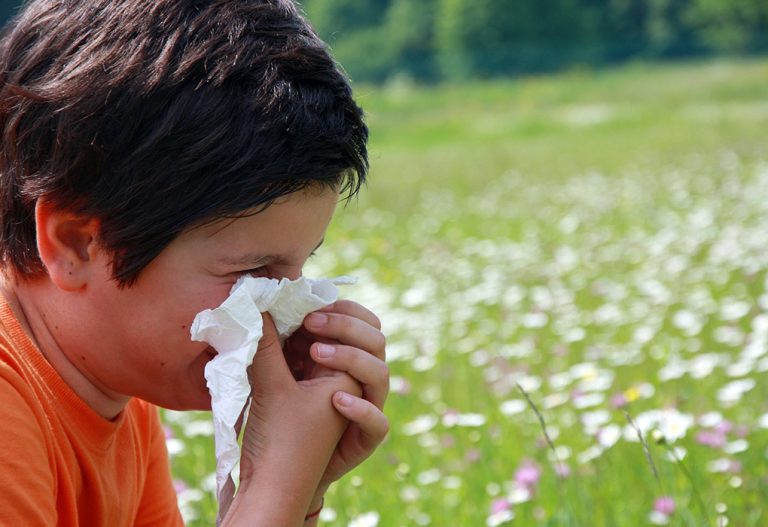
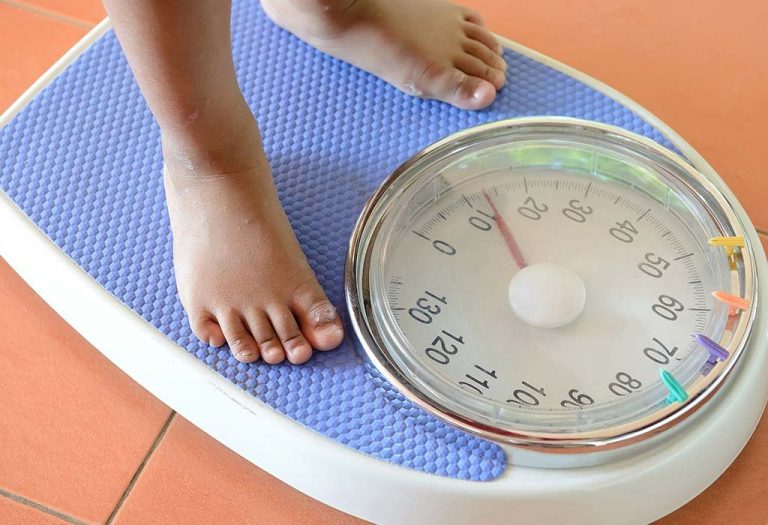



.svg)
















